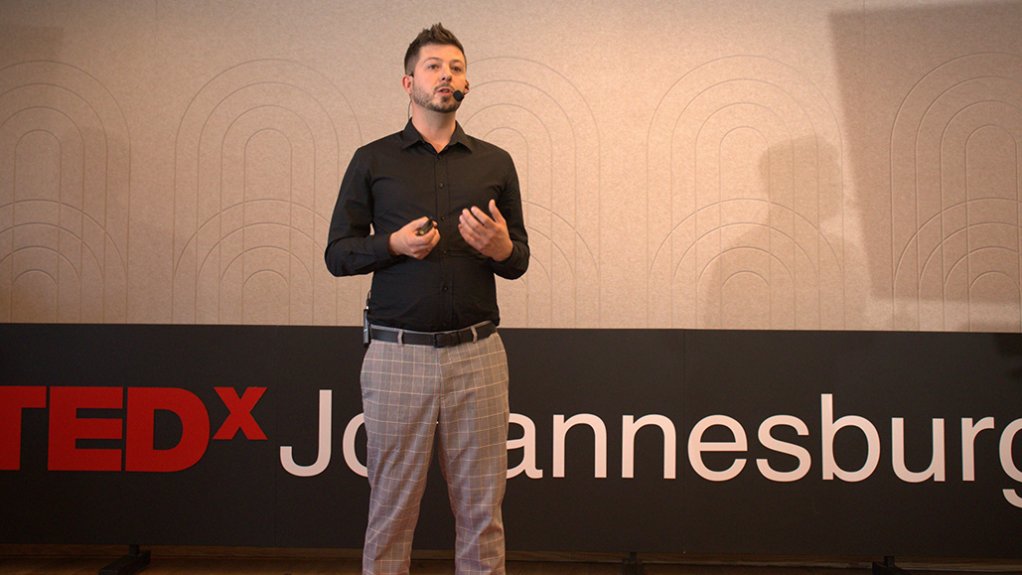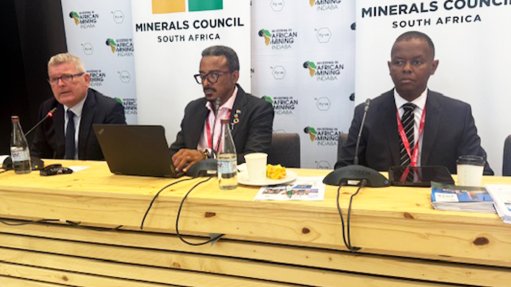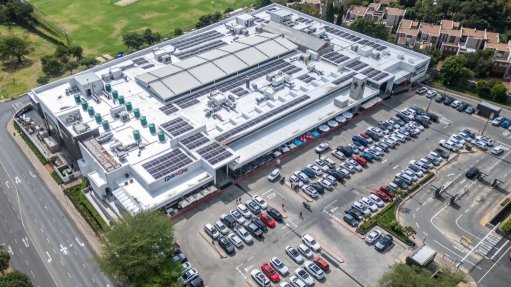CSIR highlights high iron stress on phytoplankton, declining Southern Ocean productivity levels
Council for Scientific and Industrial Research (CSIR) senior researcher Dr Tommy Ryan-Keogh has shared the outcomes of a study that reveals the declining productivity levels of the Southern Ocean, the implications of high iron stress levels on phytoplankton in the Southern Ocean and how this will impact on the overall health of the global ocean and the future of the planet.
“Our latest research findings indicate that an escalation in iron stress is having a detrimental effect on the phytoplankton of the Southern Ocean. This implies a decrease in the availability of iron in the sunlit waters, directly impacting the capacity of Southern Ocean phytoplankton to absorb carbon dioxide. This, in turn, affects the ocean's productivity levels and its ability to maintain ecosystem services,” he said.
He highlighted that 26 years of data had revealed that the phytoplankton in the Southern Ocean was becoming more iron-stressed with time.
“The Southern Ocean has managed to protect all of us from some of the most extreme impacts of climate change by absorbing carbon dioxide emissions and the heat generated by these emissions through the greenhouse effect. However, this protection comes at a cost to the natural ecosystems of Antarctica and the Southern Ocean,” he noted.
Further, Ryan-Keogh consulted additional data products to complement his research results, which also confirmed that the productivity levels of the Southern Ocean were being compromised, most likely owing to climate change.
“The results were concerning. Our research findings, coupled with the alternative data sources we had collected and analysed, were showing that the Southern Ocean is becoming less productive. However, earth system models, which are currently being used for climate projection, are saying the Southern Ocean with time will become more productive,” he emphasised.
This discovery demonstrates that the natural carbon cycle in the Southern Ocean is being negatively impacted.
“Owing to South Africa’s positioning and geographical proximity, the results of the data collected by underwater robotic platforms and research vessels over three decades in Antarctica are worth sharing, as healthy oceans are critical for marine biodiversity and life on the planet,” he said.
Ryan-Keogh gave his 'A changing Southern Ocean: The impact of climate change' presentation on thought exchange platform TEDx Johannesburg on May 4.
South Africa is currently the only African signatory to the Antarctica Treaty and the only African nation with an Antarctic research programme. The country, therefore, bears a regional responsibility to serve the broader African community. This requires improved recognition and appreciation of the Southern Ocean by the South African public, its scientists and policymakers.
“We need to act now to significantly reduce our emissions and transition to greener and cleaner societies that can sustain everyone. If South Africa transitions to a renewable energy society, we will not only see enhanced energy security, but also improve our natural environment through reductions in air pollution,” he added.
Further, Ryan-Keogh intended to raise awareness to audiences about the unique habitat of the southernmost waters, including sustainable solutions people could implement to make a difference in reversing the cycle of decline in ocean health.
South Africa has a record of over 50 years in conducting research on the impact of climate change on Antarctica and the Southern Ocean. This is owing to its ties to the Antarctic Treaty of 1959, a historic agreement that united 12 nations, including South Africa, in a shared commitment to protect Antarctica from human interference.
“As part of this agreement, the CSIR, supported by the Department of Science and Innovation, has been pioneering studies aimed at understanding and predicting the role and sensitivity of the Southern Ocean to climate change through its changing carbon-cycle,” he said.
Article Enquiry
Email Article
Save Article
Feedback
To advertise email advertising@creamermedia.co.za or click here
Press Office
Announcements
What's On
Subscribe to improve your user experience...
Option 1 (equivalent of R125 a month):
Receive a weekly copy of Creamer Media's Engineering News & Mining Weekly magazine
(print copy for those in South Africa and e-magazine for those outside of South Africa)
Receive daily email newsletters
Access to full search results
Access archive of magazine back copies
Access to Projects in Progress
Access to ONE Research Report of your choice in PDF format
Option 2 (equivalent of R375 a month):
All benefits from Option 1
PLUS
Access to Creamer Media's Research Channel Africa for ALL Research Reports, in PDF format, on various industrial and mining sectors
including Electricity; Water; Energy Transition; Hydrogen; Roads, Rail and Ports; Coal; Gold; Platinum; Battery Metals; etc.
Already a subscriber?
Forgotten your password?
Receive weekly copy of Creamer Media's Engineering News & Mining Weekly magazine (print copy for those in South Africa and e-magazine for those outside of South Africa)
➕
Recieve daily email newsletters
➕
Access to full search results
➕
Access archive of magazine back copies
➕
Access to Projects in Progress
➕
Access to ONE Research Report of your choice in PDF format
RESEARCH CHANNEL AFRICA
R4500 (equivalent of R375 a month)
SUBSCRIBEAll benefits from Option 1
➕
Access to Creamer Media's Research Channel Africa for ALL Research Reports on various industrial and mining sectors, in PDF format, including on:
Electricity
➕
Water
➕
Energy Transition
➕
Hydrogen
➕
Roads, Rail and Ports
➕
Coal
➕
Gold
➕
Platinum
➕
Battery Metals
➕
etc.
Receive all benefits from Option 1 or Option 2 delivered to numerous people at your company
➕
Multiple User names and Passwords for simultaneous log-ins
➕
Intranet integration access to all in your organisation





















